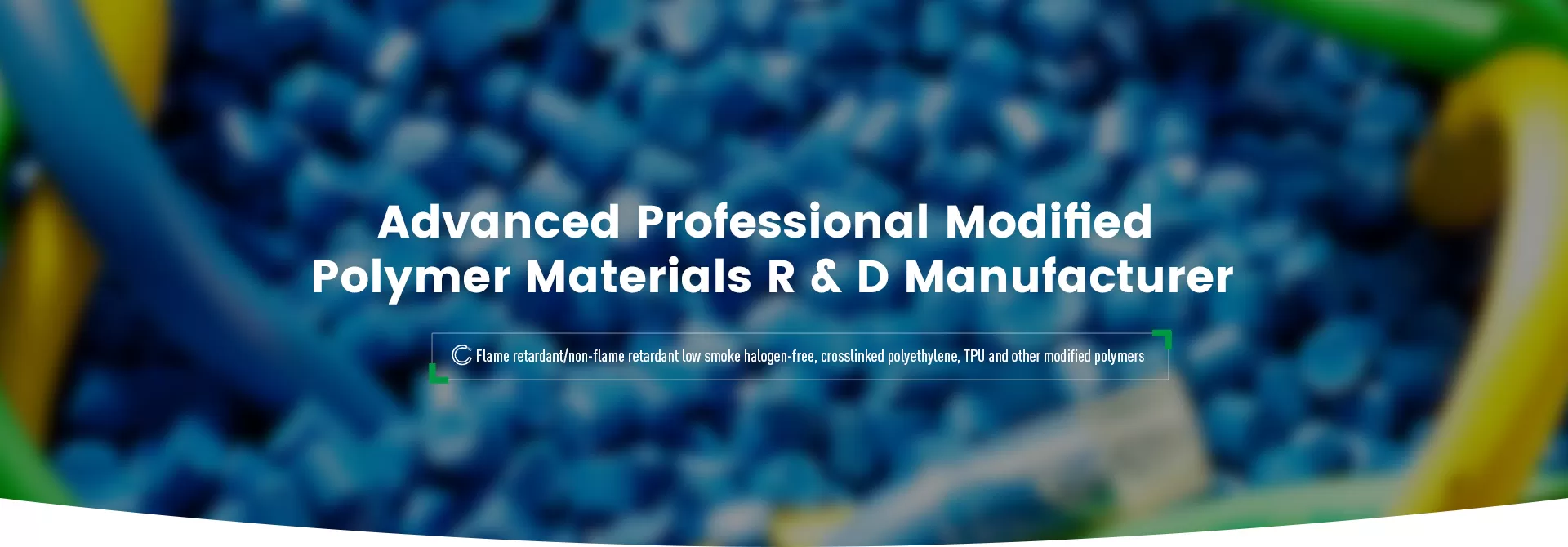
Polypropylene pellets, also known as PP pellets, PP beads, or polypropylene beads, are foundational materials in the manufacturing world. Thanks to their versatility, cost-effectiveness, and excellent physical properties, they are widely utilized across industries like automotive, textiles, packaging, and consumer goods.
1.High Durability
Polypropylene pellets are known for their excellent impact resistance and durability, making them a reliable choice for creating products that need to withstand mechanical stress. This property ensures long-lasting performance in applications like automotive parts and household goods.
2.Chemical Resistance
One of the standout characteristics of polypropylene plastic pellets is their resistance to many chemicals, including acids, alkalis, and organic solvents. This makes them particularly useful in creating chemical storage containers, pipes, and medical equipment.
3.Moisture Resistance
Polypropylene beads exhibit low water absorption, ensuring their stability in humid environments. This property is especially advantageous for packaging materials and outdoor products.
4.Thermal Stability
PP pellets maintain their structural integrity even when exposed to high temperatures, making them ideal for heat-resistant applications like microwave-safe containers and industrial components.
5.Ease of Processing
Polypropylene pellets are easy to process using standard manufacturing techniques like injection molding, extrusion, and blow molding, enabling rapid production and high-quality results.
1.Automotive Components
Polypropylene beads are extensively used in the automotive industry for manufacturing interior and exterior parts, such as dashboards, door panels, and bumpers. Their lightweight nature helps improve fuel efficiency, while their strength ensures safety and durability.
2.Packaging Solutions
The packaging sector relies heavily on polypropylene pellets for creating food containers, bottle caps, and flexible films. The material’s non-reactive nature ensures the safe storage of perishable goods, while its moisture resistance keeps products fresh.
3.Consumer Goods
From storage bins to garden furniture, polypropylene plastic pellets are a go-to material for consumer goods. Their adaptability allows manufacturers to create products in various shapes, sizes, and colors to meet diverse market demands.
4.Textile Industry
In textiles, polypropylene pellets are used to produce non-woven fabrics for reusable bags, geotextiles, and industrial filters. Their lightweight and durable nature make them an economical and practical choice for these applications.
5.Healthcare Equipment
Polypropylene beads are vital in healthcare for making items like disposable syringes, surgical instruments, and medical containers. The material's chemical resistance and ability to be sterilized ensure safety and reliability in medical environments.
6.Construction Materials
Polypropylene pellets also find applications in the construction industry, where they are used to produce pipes, insulation materials, and protective barriers. Their robustness and environmental resistance make them suitable for both indoor and outdoor use.
The growing focus on sustainability has driven innovations in polypropylene pellet usage. For example, recyclable PP pellets are now being utilized to create eco-friendly products. Additionally, advancements in compounding technology have enabled the development of specialized polypropylene beads with enhanced properties, such as flame retardancy and UV resistance.
Polypropylene pellets, PP pellets, and polypropylene beads remain an integral part of modern manufacturing, delivering solutions across industries with unmatched efficiency and performance. Their adaptability ensures they will continue to play a vital role in shaping the future of material science.